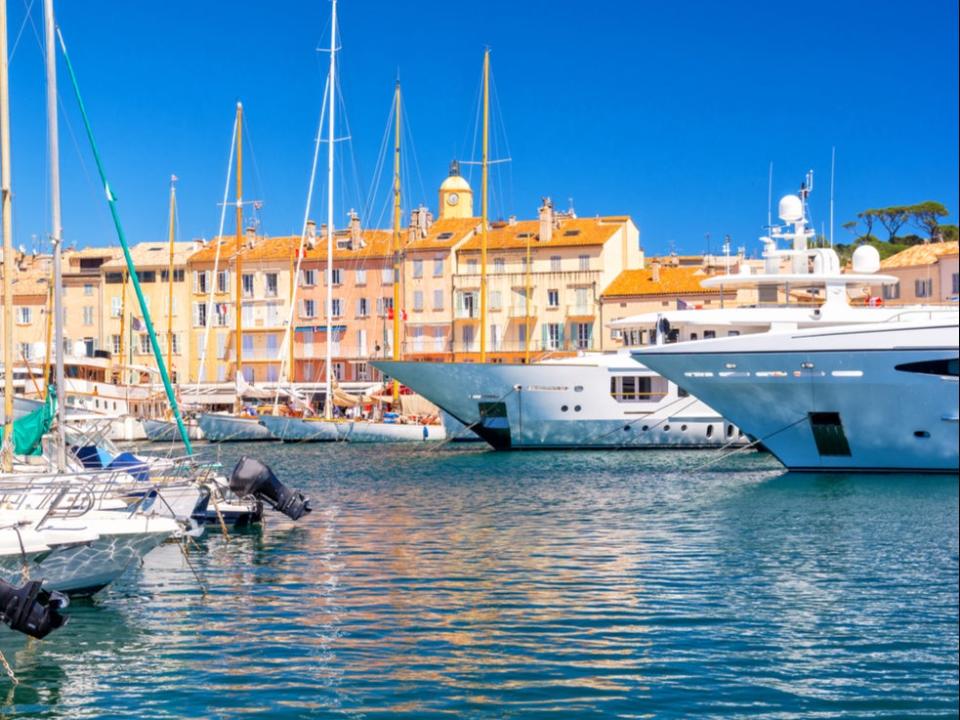Climate Week: Richest 1% produce double the carbon emissions of poorest 3bn people

The richest 1 per cent of the world’s population produce more than double the carbon emissions of the world’s poorest 3 billion people, a new study has found.
The report, published on Monday by Oxfam, analysed the consumption-based emissions of those in different income brackets from 1990-2015, when the amount of carbon dioxide (CO2) in the atmosphere doubled.
The findings come as Climate Week kicked off on Monday and leaders prepare to meet at the UN General Assembly to discuss global challenges, including the climate crisis.
Danny Sriskandarajah, Oxfam GB chief executive, said: “The over-consumption of a wealthy minority is fueling the climate crisis and putting the planet in peril.
"No one is immune from the impact but the world’s poorest are paying the heaviest price despite contributing least emissions as they battle floods, famines and cyclones.”
The report, Confronting Carbon Inequality, found that from 1990 until 2015:
- The wealthiest 10 per cent, around 630 million people, were responsible for more than half (52 percent) of CO2 emissions
- The richest one per cent accounted for 15 percent of emissions – more than double that of the poorest half of the world (7 per cent)
- The richest 10 per cent are responsible for one-third of CO2 emissions that scientists estimate will cause 1.5C of global temperature rise, contributing to catastrophic climate change
- The poorest half of humanity is behind just 4 per cent of CO2 emissions.
With the world currently experiencing 1C of global heating, 2020 has been a year of climate extremes.
The Indian subcontinent has been lashed with devastating cyclones and torrential monsoon rains. One climate expert told The Independent that the “fingerprint” of the climate crisis was in the disasters.
Historic wildfires, driven in part by conditions caused by climate change, are raging across the American West.
The global climate report from US federal agency, the National Oceanic and Atmospheric Administration (NOAA), found last week, that this year was the hottest summer since records began in the northern hemisphere.
The Oxfam study is based on research conducted with the Stockholm Environment Institute.
Although there was a lull in carbon emissions this year due to travel and industry slowdowns during the coronavirus pandemic, levels are already beginning to rebound as countries attempt to kickstart their economies.
Scientists warn that the world needs to halve greenhouse gas emissions by 2030 to remain within the increasingly ambitious 1.5C of global warming set out by the 2016 Paris Climate Accords.
Oxfam noted that carbon inequality is so stark that the emissions of just the richest 10 per cent would trigger catastrophic climate change by 2033, even if all other emissions were cut to zero.
The charity is calling for an increase in wealth taxes and new carbon taxes on luxury items: Private jets, super yachts, carbon-intensive SUVs and frequent flights.
The revenue generated should be invested in low-carbon jobs and green public transport while also helping poor communities mitigate the risks of climate change.
Read more
Oneworld airlines commit to net zero carbon emissions by 2050
Emissions have already surged back to pre-pandemic levels, UN report finds

 Yahoo News
Yahoo News 